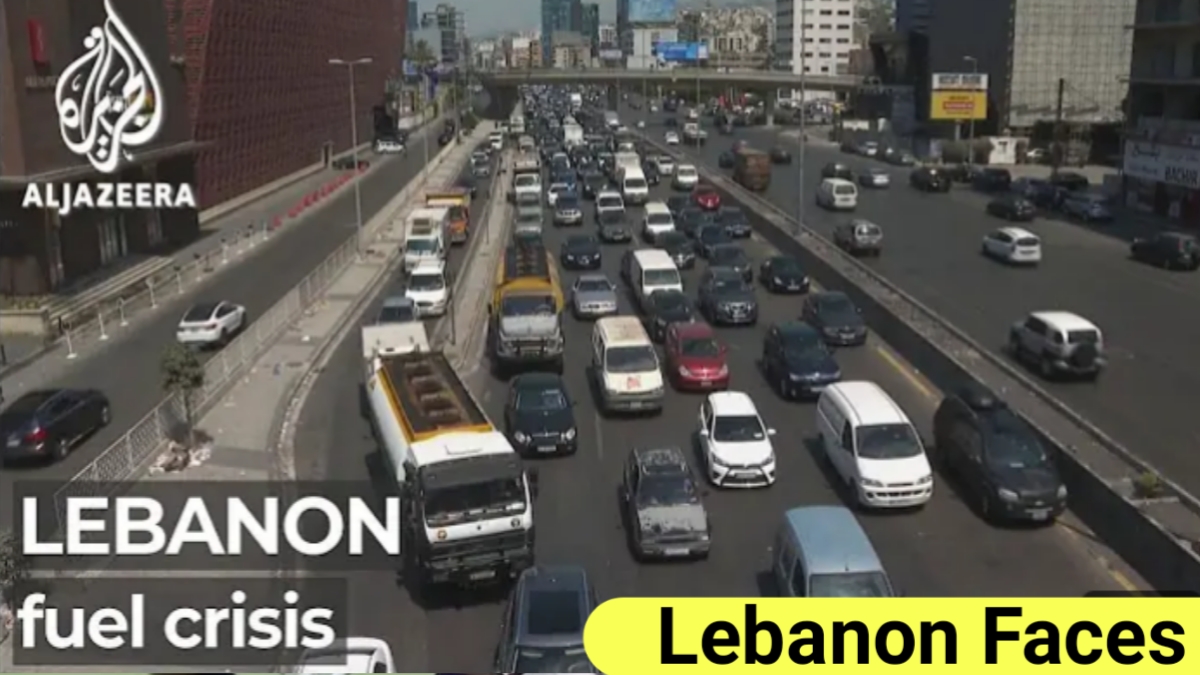Lebanon Faces New Challenges Amid Ongoing Crisis
August 25, 2024 — Lebanon continues to grapple with a series of challenges as the country faces a deepening economic crisis. On top of that, political instability and social unrest are shaking the nation. This situation is leaving many Lebanese people struggling to make ends meet, while also losing faith in their government.
Economic Woes
The Lebanese economy has been in free fall since 2019. The Lebanese pound has lost over 90% of its value against the US dollar. Inflation has soared, making basic goods unaffordable for many. As of August 2024, the country’s central bank has almost no foreign currency reserves left. This has led to shortages of essential items, including food, medicine, and fuel.
Electricity is another major problem. Most people in Lebanon receive only a few hours of power each day. This has forced many families to rely on expensive private generators, which they can barely afford.
The lack of jobs is another critical issue. The unemployment rate has skyrocketed, especially among young people. Many highly educated Lebanese are leaving the country in search of better opportunities abroad. This “brain drain” is making the situation even worse.
Political Instability
Lebanon’s political system is deeply divided. The country operates under a power-sharing arrangement among its different religious sects. However, this system has led to a deadlock, with political leaders unable to agree on major reforms.
For over a year, Lebanon has been without a fully functioning government. Prime Minister Najib Mikati has struggled to form a new cabinet that satisfies all political factions. This paralysis has prevented the country from addressing its urgent problems.
In June 2024, Parliament failed to elect a new president after multiple attempts. The presidency has been vacant since October 2022, leaving a power vacuum at the top of the government. This situation has further weakened the country’s ability to deal with its crises.
Social Unrest
The economic and political crises have sparked widespread protests across Lebanon. Many Lebanese people feel abandoned by their leaders. They accuse the ruling class of corruption and mismanagement. The protests, which began in 2019, have continued with varying intensity.
On August 20, 2024, thousands of people took to the streets of Beirut and other cities. They were demanding an end to the economic suffering and the formation of a new government. The protesters also called for accountability for the devastating Beirut port explosion in August 2020, which killed over 200 people and injured thousands more. The investigation into the blast has stalled, leading to more frustration and anger.
The protests have sometimes turned violent, with clashes between demonstrators and security forces. Tear gas and rubber bullets have been used to disperse crowds, leading to injuries and arrests. The security forces have been accused of using excessive force, further fueling public anger.
International Concerns
The international community has been watching Lebanon’s crisis with growing concern. Many countries and organizations have offered aid, but this has often been tied to demands for political reform. The International Monetary Fund (IMF) has been in negotiations with Lebanon for a bailout package. However, these talks have stalled due to the lack of political agreement within the country.
Read also:-
- Browns vs. Seahawks: Thrilling Showdown Ends in a Close Call
- Missing Person Alert: Sophie Barker Disappears in NYC
- Pavel Durov Announces Major Update for Telegram Amidst Growing Global Interest
- Kick Kennedy Makes Headlines with New Advocacy Initiative
- Where to Watch 49ers vs. Las Vegas Raiders
France, Lebanon’s former colonial power, has taken a leading role in trying to mediate the crisis. French President Emmanuel Macron has visited Lebanon several times and has urged Lebanese leaders to implement reforms. However, his efforts have not yet led to significant progress.
The United States has also expressed concern about Lebanon’s instability. The US government has provided humanitarian aid, but it has also imposed sanctions on Lebanese officials accused of corruption and ties to Hezbollah, a powerful political and military group in Lebanon that the US considers a terrorist organization.
Humanitarian Crisis
Lebanon is facing a growing humanitarian crisis. The United Nations has warned that over 80% of the population is now living in poverty. Many families are struggling to afford food, and malnutrition rates are rising. The health care system is also collapsing, with hospitals unable to secure enough supplies and medicines.
The situation is especially dire for Lebanon’s large refugee population. The country hosts over a million Syrian refugees, as well as thousands of Palestinian refugees. These communities are among the hardest hit by the economic collapse. Many refugees live in overcrowded camps with limited access to basic services.
What Lies Ahead?
Lebanon’s future remains uncertain. The country’s leaders have shown little willingness to compromise, and the economic situation is expected to worsen. Without significant reforms, Lebanon may face further social unrest and a deeper humanitarian crisis.
There is also growing concern that Lebanon could become a failed state. The risk of a complete breakdown in public services is real, which could lead to even more instability. The international community may need to step up its efforts to support the Lebanese people and push for political solutions.
